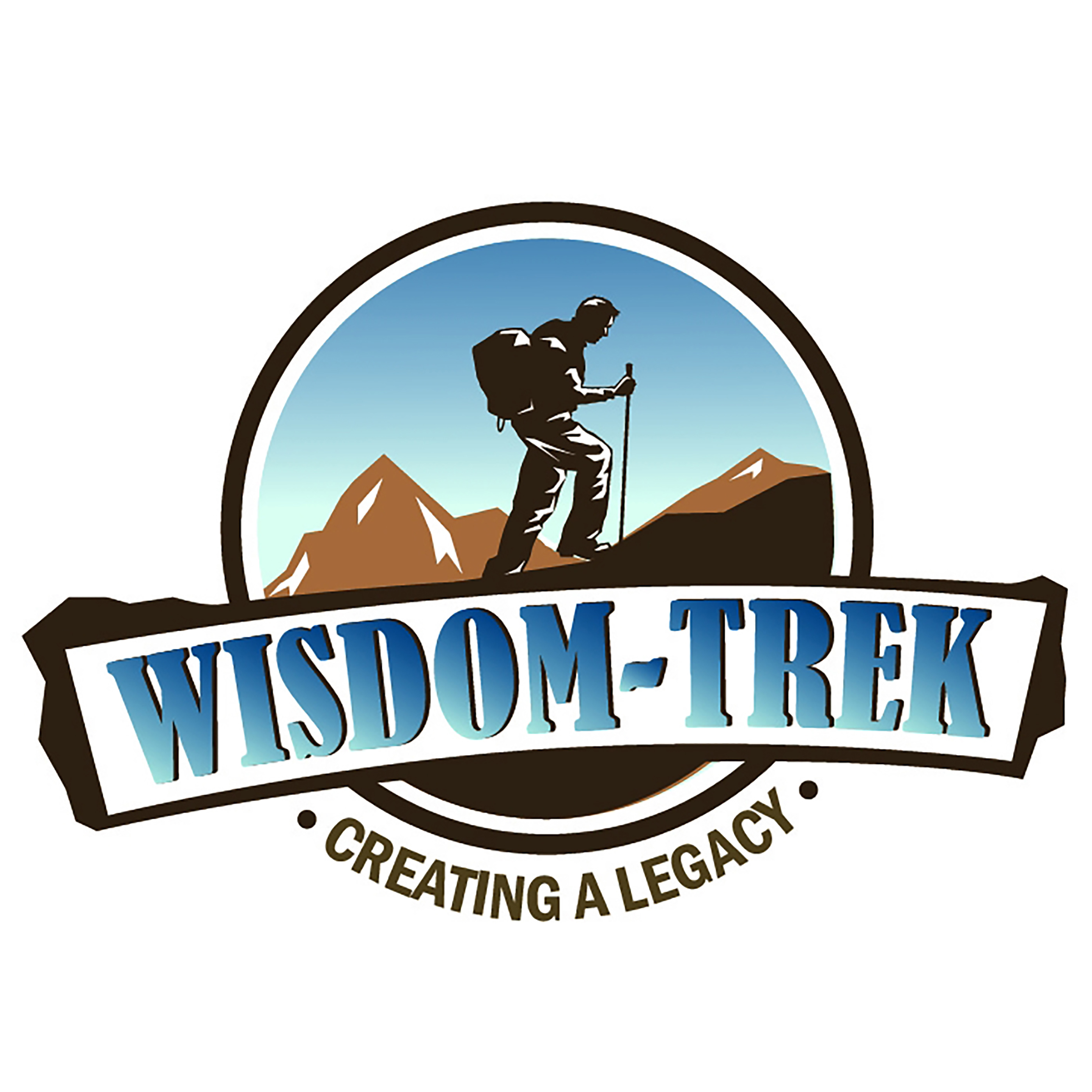- religion
- SEE MORE
- classical
- general
- talk
- News
- Family
- Bürgerfunk
- pop
- Islam
- soul
- jazz
- Comedy
- humor
- wissenschaft
- opera
- baroque
- gesellschaft
- theater
- Local
- alternative
- electro
- rock
- rap
- lifestyle
- Music
- como
- RNE
- ballads
- greek
- Buddhism
- deportes
- christian
- Technology
- piano
- djs
- Dance
- dutch
- flamenco
- social
- hope
- christian rock
- academia
- afrique
- Business
- musique
- ελληνική-μουσική
- World radio
- Zarzuela
- travel
- World
- NFL
- media
- Art
- public
- Sports
- Gospel
- st.
- baptist
- Leisure
- Kids & Family
- musical
- club
- Culture
- Health & Fitness
- True Crime
- Fiction
- children
- Society & Culture
- TV & Film
- gold
- kunst
- música
- gay
- Natural
- a
- francais
- bach
- economics
- kultur
- evangelical
- tech
- Opinion
- Government
- gaming
- College
- technik
- History
- Jesus
- Health
- movies
- radio
- services
- Church
- podcast
- Education
- international
- Transportation
- Other
- kids
- podcasts
- philadelphia
- Noticias
- love
- sport
- Salud
- film
- and
- 4chan
- Disco
- Stories
- fashion
- Arts
- interviews
- hardstyle
- entertainment
- humour
- medieval
- literature
- alma
- Cultura
- video
- TV
- Science
- en
Day 1376 – Mastering the Bible – Old Testament Jesus and His Parables – Worldview Wednesday

Welcome to Day 1376 of our Wisdom-Trek, and thank you for joining me.I am Guthrie Chamberlain, Your Guide to WisdomMastering the Bible – Old Testament Jesus and His Parables – Worldview WednesdayWisdom - the final frontier to true knowledge. Welcome to Wisdom-Trek where our mission is to create a legacy of wisdom, to seek out discernment and insights, and to boldly grow where few have chosen to grow before. Hello, my friend, I am Guthrie Chamberlain, your captain on our journey to increase wisdom and create a living legacy. Thank you for joining us today as we explore wisdom on our 2nd millennium of podcasts. Today is https://wisdom-trek.com/captivate-podcast/day-1376/ (Day 1376) of our trek, and it is Worldview Wednesday. Creating a Biblical worldview is essential to have a proper perspective on today’s current events. To establish a Biblical Worldview, you must have a proper understanding of God and His Word. Our focus for the next several months on Worldview Wednesday is Mastering the Bible, through a series of brief insights. These insights are extracted from a book of the same title from one of today’s most prominent Hebrew Scholars, Dr. Micheal S. Heiser. This book is a collection of insights designed to help you understand the Bible better. When we let the Bible be what it is, we can understand it as the original readers did and as its writers intended. Each week we will explore two insights. Mastering The Bible – Old Testament Jesus and His ParablesInsight Fifty-Nine: Gospel Writers Connect Jesus to the Old Testament in Both Transparent and Roundabout Ways Since the New Testament begins with the Gospels, and Jesus is the focus of those first four books, we tend to think of Jesus exclusively in New Testament terms. That’s too narrow a perspective. The coming of the Messiah, the Son of God, is rooted in the Old Testament, not only in terms of prophecy but also imagery. We’ve already talked about the most obvious way the Gospel writers associate Jesus with the Old Testament: calling him the Anointed One (“Christ”). Other transparent correlations extend from that messianic title. The Gospel writers quote specific prophecies about the birthplace of the Messiah (Matthew 2:6: John 7:42; cf. Micah 5:2) and the lineage of the Messiah (Matthew 1:1; cf. 2 Samuel 7:12-16; Psalm 132:11; Isaiah. 11:1). Less obvious, but still familiar, connections are made between Jesus and the Old Testament in other ways. When John calls Jesus the “Word,” that label is not original to him. The God of Israel appeared to people in the Old Testament as the “Word” (John 1:1, 14: cf. Genesis 15:1-6: Jeremiah 1:1-9). And the title “Son of Man” had royal messianic meaning (Matthew 26:64; Daniel 7:13—14). But the Gospel writers tether Jesus to the Old Testament in cleverer, less overt ways. For example, Matthew wants readers to identify Jesus with the nation of Israel. He accomplishes that in his story of Jesus’s childhood. After Joseph and Mary had to flee to Egypt to escape Herod, Matthew quotes https://www.biblegateway.com/passage/?search=Hosea+11%3A1&version=NLT (Hosea 11:1,) "When Israel was a child, I loved him, and I called my son out of Egypt," to recount how they returned to the Promised Land. But God’s son in Hosea 11:1 wasn’t the Messiah; it was the nation of Israel. Matthew used the analogy for several reasons, but one of them was that Jesus had appeared on the scene supernaturally, just like Israel appeared as the result of divine intervention with Abraham and Sarah. Israel would later pass through the sea and then journey into the desert where the nation would be tried and tempted (Exodus 14-15; Numbers 14:26 ff.). After Jesus was baptized, he was driven into the wilderness to be tempted by Satan (Mark 1:9-13). Jesus is also cast as a new Moses by the Gospel writers. When Moses was born, Pharaoh had all the infant boys killed (Exodus 1:22-2:10), and Jesus was likewise threatened by Herod (Matthew 2:13-18)....